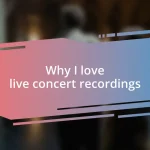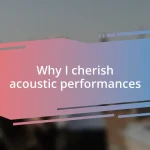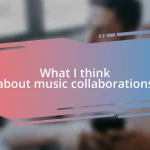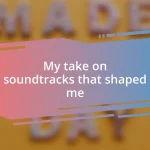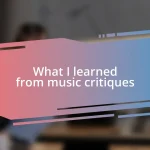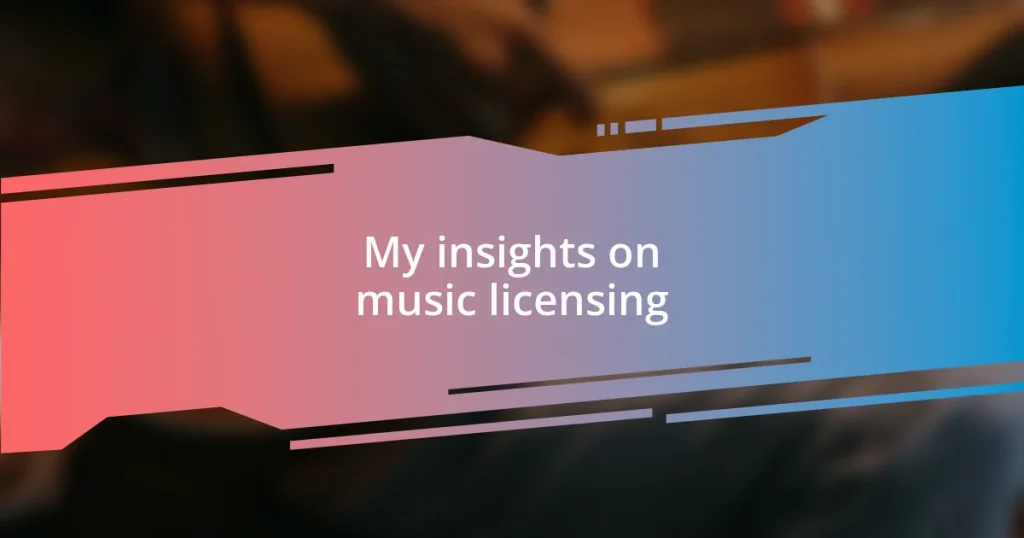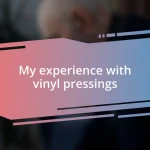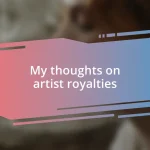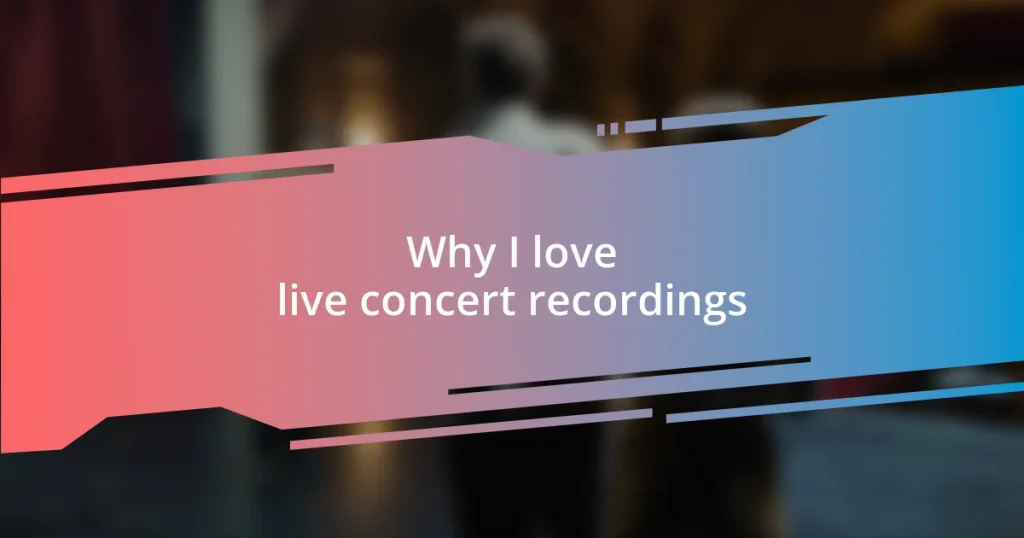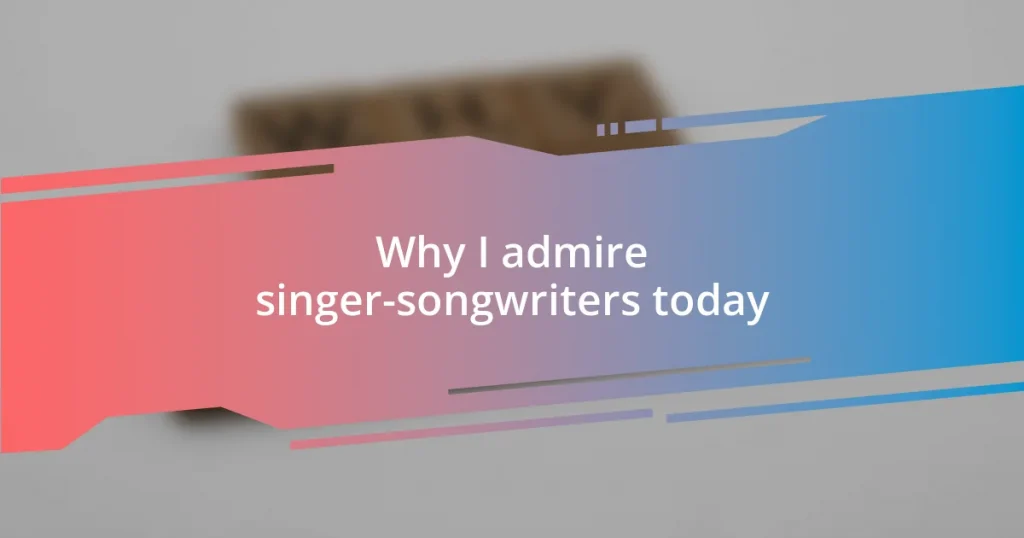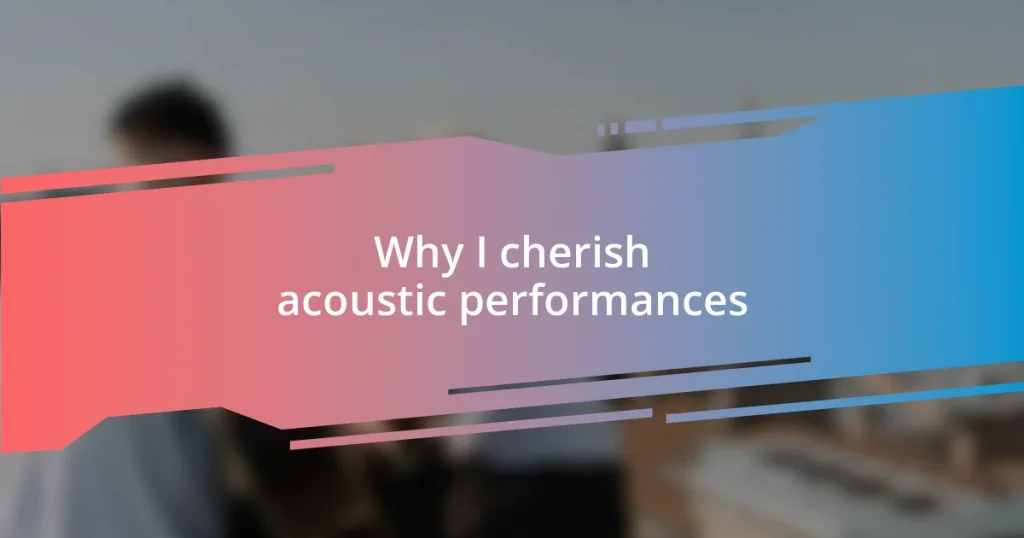Key takeaways:
- Understanding various music licenses (mechanical, synchronization, performance, copyright) is essential to use music legally and avoid fines.
- Common mistakes include assuming music is free to use, misinterpreting the scope of a license, and delaying the licensing process, leading to complications.
- Respecting artists through proper licensing fosters a fair exchange and supports the music industry ecosystem.
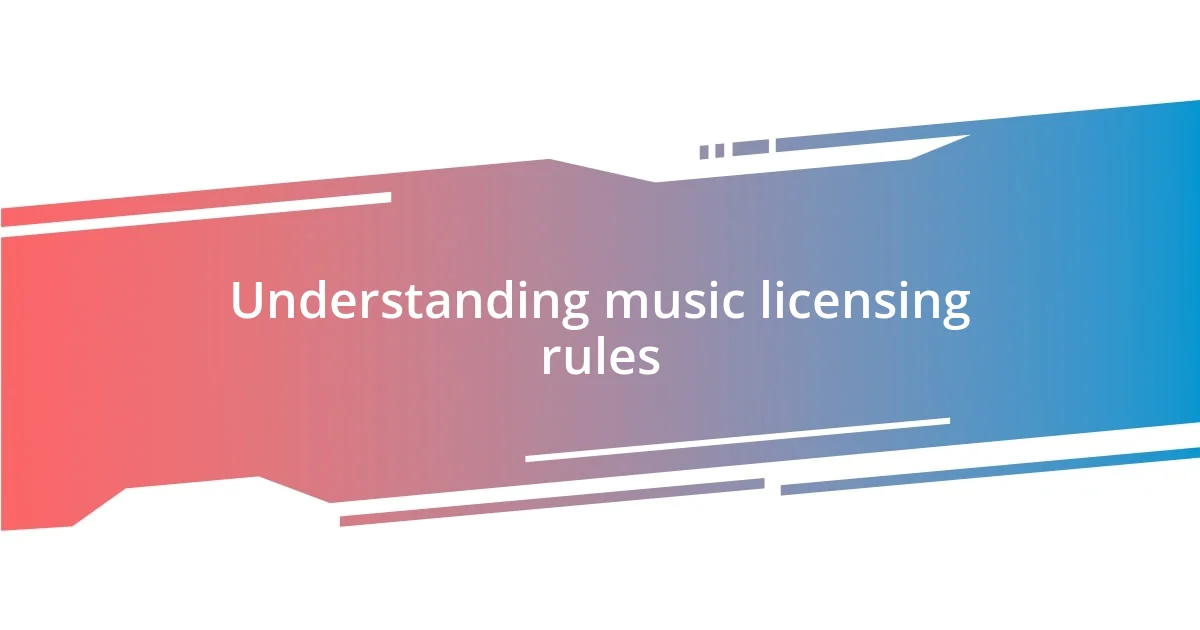
Understanding music licensing rules
Understanding music licensing rules is crucial for anyone wanting to use music legally. Have you ever found yourself jamming to a song in a video, only to receive a notice that it’s been taken down? It’s a gut-wrenching experience, and it highlights how essential it is to know the rules before diving in.
When I first started in the music industry, I was clueless about the myriad licenses available—mechanical, synchronization, performance, you name it. It felt overwhelming, but as I learned, I realized that each license serves a distinct purpose. For instance, a sync license is required for using a song in a film; without it, you could face hefty fines.
It’s fascinating how something as simple as a background track can create a whole new layer of emotion and storytelling. Yet, it comes with responsibilities. I often reflect on the artists behind the music and their need for protection and respect. Isn’t it only fair that they’re compensated for the work they create? Understanding these rules not only safeguards your work but also empowers artists.
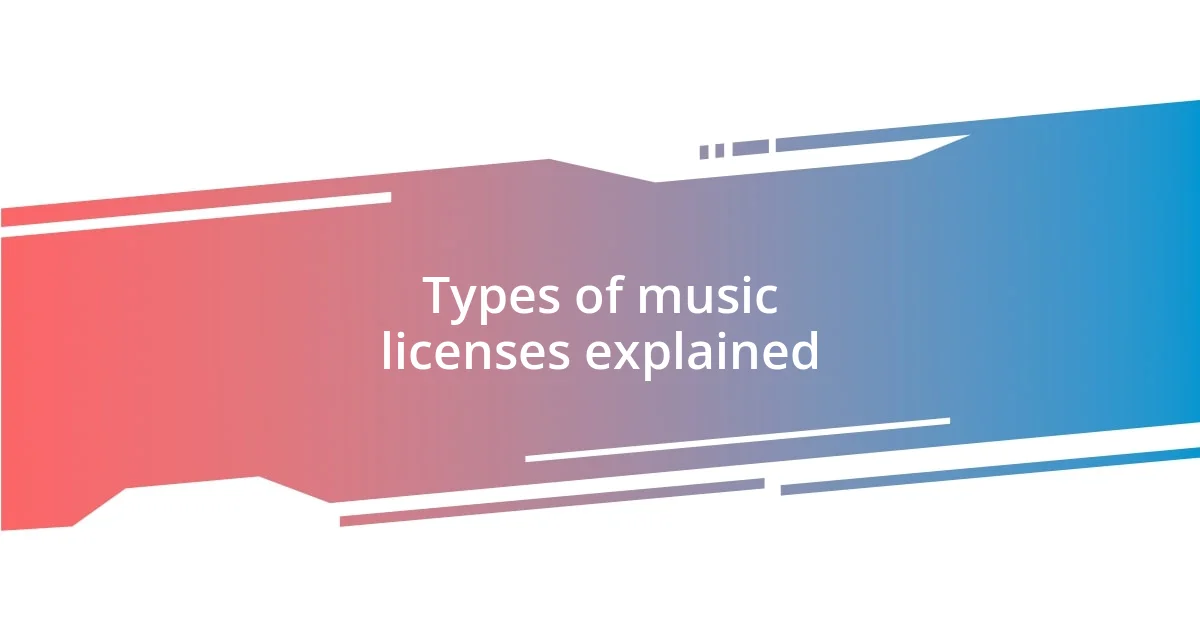
Types of music licenses explained
When delving into the world of music licensing, it’s important to grasp the various types available. The most common licenses include mechanical licenses, which allow for the reproduction of a song, and synchronization licenses, needed when pairing music with visual media. I recall the first time I needed a sync license for a short film—I was so nervous but learned the process can be straightforward with the right guidance.
As you explore further, performance licenses come into play, allowing the public performance of music. Think about how often you hear songs at venues or on streaming platforms; all those instances require a performance license to keep things above board. I remember attending a local gig where the band emphasized their efforts to secure these licenses, which made me appreciate their commitment to the industry and the need for respect towards the original creators.
Copyright and digital licenses are also significant in today’s online landscape. For example, I’ve worked on projects involving digital media where clear licensing was crucial to avoid mishaps. Understanding these distinctions not only protects your projects but also fosters a deeper respect for the artists you’re supporting, ensuring a fair exchange in this often complex ecosystem.
| License Type | Description |
|---|---|
| Mechanical License | Allows reproduction of a song, typically for CDs and digital downloads. |
| Synchronization License | Needed for using music in film, TV, or videos. |
| Performance License | Required for performing music publicly. |
| Copyright License | Grants permission to use copyrighted material, often in digital settings. |
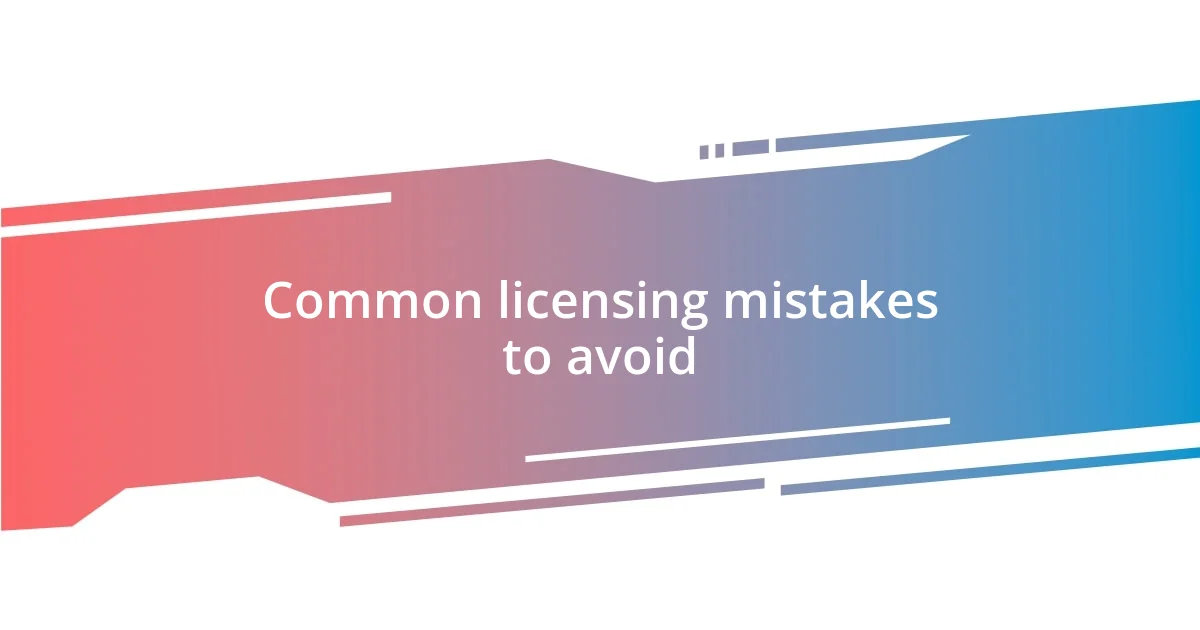
Common licensing mistakes to avoid
It’s surprising how easily one can overlook proper licensing, and I’ve seen it happen firsthand. A friend of mine thought he could use a popular track for his YouTube video without securing the correct permissions. The video was taken down within hours, leaving him frustrated and out of pocket for the potential revenue. This reinforces the idea: never assume you’re covered just because the music is widely available online.
Another frequent pitfall is misinterpreting the scope of a license. When I first licensed a song for a podcast, I mistakenly believed a basic performance license covered all my needs. However, I quickly learned that using the song on multiple platforms required additional permissions. It taught me the importance of reading the fine print; you never want to find yourself in a predicament because of a misunderstanding.
Lastly, waiting until the last minute to secure licensing can lead to unnecessary stress. I recall scrambling for rights on the eve of a film festival after realizing I hadn’t finalized my music selections. A lesson learned: start early and communicate with rights holders well in advance. Time is an ally in the licensing game—how prepared are you to leverage it?
